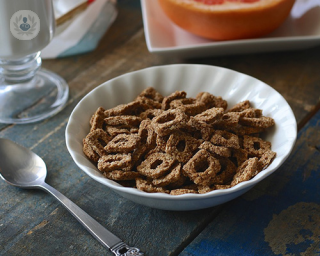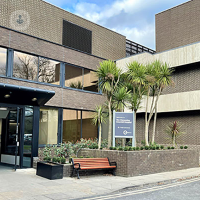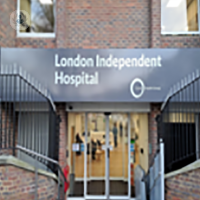Haemorrhoid surgery
Ms Cinzia Sammartino - Surgery
Created on: 06-28-2013
Updated on: 10-05-2023
Edited by: Conor Dunworth

What is haemorrhoid surgery?
Haemorrhoids, also known as piles are swollen veins that can be found around the anus. They can be located either inside or outside of the rectum. A lot of flare-ups of the condition tend to stop hurting after two weeks without the need for treatment.
Sometimes, however, haemorrhoids can lead to other complications. Internal haemorrhoids may prolapse and bulge in the anus, which is incredibly uncomfortable. External haemorrhoids may develop blood clots. Both types can also become infected and may, therefore, require surgical removal.
What are the different types of non-surgical haemorrhoid treatments?
The different non-surgical options include:
- Haemorrhoid banding - used to treat internal haemorrhoids. A tight band is applied to the base of the haemorrhoid to cut off the blood supply.
- Sclerotherapy - a chemical is injected into the haemorrhoid which causes it to shrink.
- Coagulation therapy - infrared light, heat or extreme cold causes the haemorrhoid to retract or shrink.
- Haemorrhoidal artery ligation (HAL) - an ultrasound is used to locate, ligate and close off the blood vessels that cause the haemorrhoids.
What are the surgical options for haemorrhoids?
The surgical treatment options include:
- Haemorrhoidectomy stapled - your surgeon will cut out either the internal or external haemorrhoids that have prolapsed and are causing problems.
- Haemorrhoidopexy - this is sometimes referred to as stapling. A surgical staple fixes the prolapsed haemorrhoids back into place and cuts off blood supply to shrink it.
How can piles be treated or prevented at home?
The following are recommended:
- To drink lots of water and eat foods full of fibre
- Wipe your bottom with damp toilet paper
- Take a warm bath to ease pain or itching
- Sit on an ice pack wrapped in a towel
- Gently push a pile back inside
- Regularly exercise
- Cut down on caffeine to avoid constipation.

















